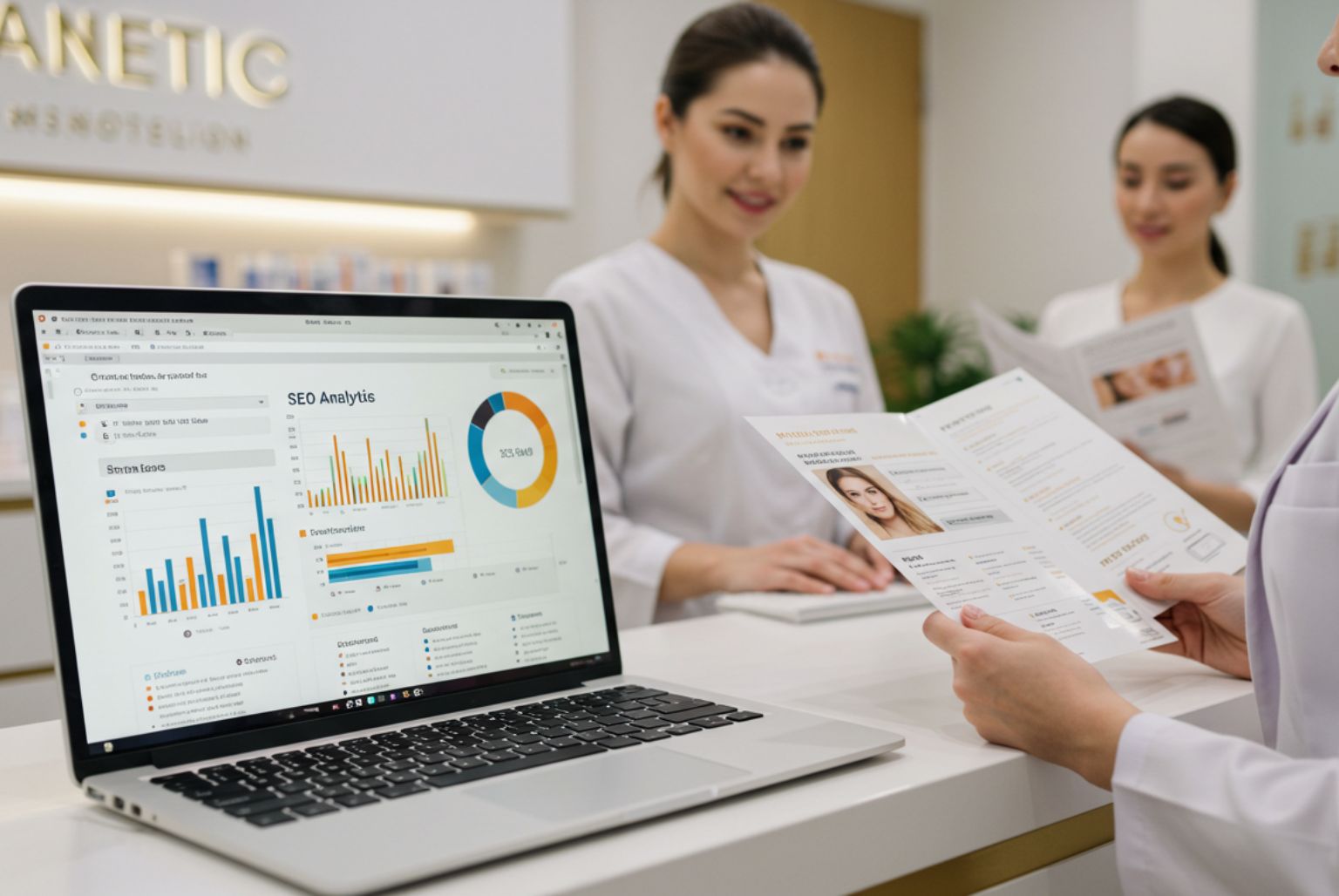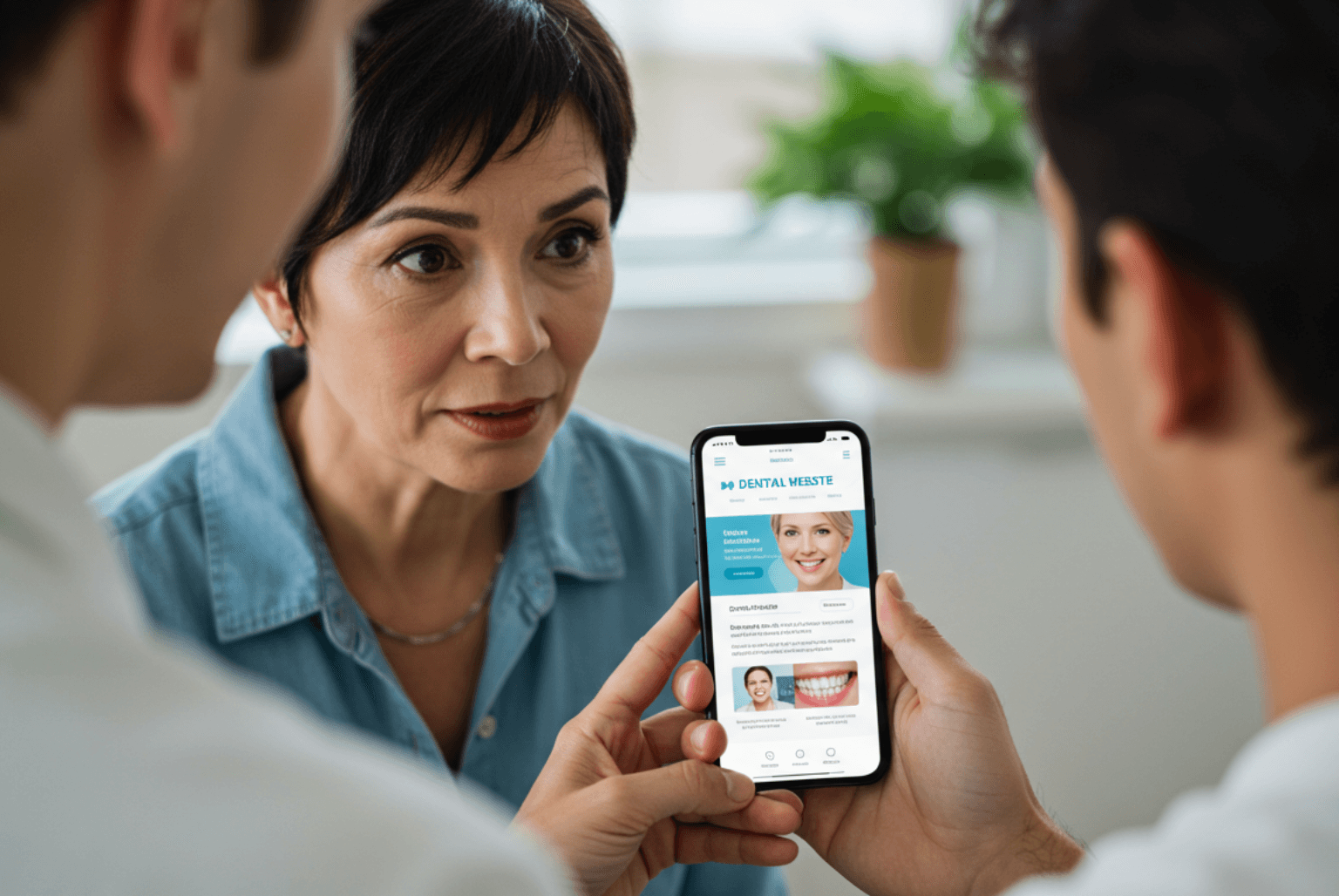As a Google AdWords Certified Partner, a question we’re asked a lot at Cosmetic Digital is ‘Does Google Pay Per Click (PPC) work?’
Clients often come to us having experimented – sometimes unsuccessfully – with Google PPC in the past or they have been told by people in their network that Google PPC is too expensive for small businesses to consider. Certainly, budget is a big consideration for many businesses, who understandably question whether their money would be better spent on organic Google optimisation or social media, for example.
However, we strongly believe that Google PPC can and does work for businesses of all sizes, with the caveat that you need a well-thought out and strategic approach. It all comes down to return on investment (ROI) and the fact that some of the world’s biggest brands invest up to $50 million a year on Google PPC advertising alone shows that it can deliver a fantastic ROI.
Google PPC – the statistics
Let’s not forget that Google is a business in its own right – and a highly successful one at that. If PPC didn’t work, the search engine juggernaut would not invest in it.
A company called DMR has put together some handy statistics about Google AdWords (the figures were last updated in February 2016). These show us the following:
• Google made a staggering $51.81 billion in revenue in 2015 from Google AdWords alone.
• It holds 30% of the overall share of global online ad revenue and 40.5% of the global mobile digital ad venue.
• 300,000 apps currently serve and feature Google PPC campaigns.
• In mobile searches, the ads in position one on page one see an average clickthrough rate (CTR) of 27.7%.
• This drops to a clickthrough rate of 9.2% for ads in position two for mobile searches.
• In desktop searches, the ads in position one secure at 19.3 CTR and ads in position two see an 11.4% CTR.
• 70% of mobile searchers will call a business directly from search results.
• When people see that a brand has a PPC advert, it raises their ‘top of mind’ awareness by 6.6%, meaning that they are far more likely to recall the brand in the future.
What these stats all illustrate is what a powerful tool Google PPC can be for all businesses, including those in the cosmetic medical sector.
As we discussed in our recent blog about Google removing ads from the sidebar but adding an extra ad to the top of the page, thereby pushing the organic results further down the screen, PPC advertising is arguably becoming even more powerful as a way for your business to gain visibility online.
What is Google PPC advertising?
Before we look at how you can make Google PPC work for your clinic, it might be helpful to clarify exactly what Google PPC is, as it may be uncharted territory for you.
Pay Per Click advertising is an online advertising model where you run an advert and pay the platform publishing the ad an agreed amount of money each time someone clicks on your ad. If people don’t click, you don’t pay.
AdWords is Google’s PPC advertising platform and, as the stats above show, its main source of revenue. With AdWords, you bid on the keywords for which you want your ad to appear when someone makes a search in Google. Google decides where to show your advert based on three main factors:
• Your bid: You tell Google the maximum amount you are prepared to pay for a click on your ad (you may end up paying less, and you can change the budget at any time).
• The quality of your ad: Google looks at how relevant and useful it feels your ad and website will be to searchers based on a Quality Score of 1-10. Google will give you details of your Quality Score, so you can see if and how it can be improved.
• The expected impact from your ad extensions and other ad formats: By ad extensions, Google means things like adding your business phone number or specific links to your website, or Schema data/structured mark-up. If Google feels these are helpful for searchers, your ad may be placed higher than ads with higher bids.
You will have the opportunity to tell Google how much you want your daily average budget to be for your campaign. On days when your ads are attracting lots of clickthroughs, Google will let you go up to 20% over your budget so that you don’t miss out on potential customers but, on quieter days, Google will also ensure that you spend up to 20% under your budget so that your costs remain within the parameters originally agreed.
Why you need a strategic approach for Google PPC to work
With the right approach, Google PPC can be an incredibly effective way of generating traffic to your website and/or attracting new patients. If you are going to manage a PPC campaign without the support of a Google AdWords Certified Partner, you will need to take time to learn as much as possible about how it works so that you spend your budget in the right way. This is why working with a Google AdWords Certified Partner can be a great time and money saver.
The key to using Google PPC effectively is to make your ads as targeted as possible. Before you do anything else, you need to define your goals – why do you want to run an AdWords campaign? What do you want it to achieve?
The answers to these questions should help you to pinpoint your approach. For example, if you want to bring more traffic through to your website, then your focus must be on a high clickthrough rate from your ads. If you want to boost your sales or leads, then you should focus more on increasing conversions.
There are many ways in which it’s possible to make an ad more targeted. You can:
• Use highly specific keyword terms
• Target ads to your location
• Create customer-matched ads that only appear to people who are on your mailing list
• Limit your ads to Google searches, rather than the Google Display Network
• Promote special offers
• Enable site link extensions (links to specific pages on your website below your ad)
• A/B split test your ads to see which works best
A word about negative keywords
It’s also worth spending a decent chunk of time considering negative keywords. Negative keywords are words that Google might think relates to your ad but are actually irrelevant to searchers. For example, WordStream gave an interesting example where a client was advertising ‘fiber’ of some description, but Google treated searches for Justin Bieber as a possible misspelling or mispronunciation of ‘fiber’, leading to a huge volume of irrelevant clicks that did not come from the target market. Once the client realised this by looking at their Search Query Report, they added ‘Bieber’ to their negative keywords, meaning that their ad no longer showed up in searches for ‘Bieber’.
Google gives another example – an optician selling glasses would not want their ad to show up in searches for ‘wine glasses’ or ‘drinking glasses’. Therefore, it would be worth the optician adding those phrases to their negative keywords.
In other words, when you select negative keywords for a campaign, they should be search terms that are similar to your keywords but signal that people will be searching for a different product.
Again, if you’re new to Google PPC, negative keywords can be a process of trial and error. Many small businesses find that the better their negative keywords, the best the return on their investment.
AdWords certified
Google Certified Partners are companies or individuals who have achieved Google’s professional accreditation and are proficient in the basic and advanced aspects of AdWords. This means that Google recognises them as an online advertising professional.
The benefit of working with a Google Certified Partner is that you will be able to draw on their experience and knowledge, which Google ensures remains current through annual exams. This can save you from making expensive mistakes, and help you really drill down on your achieving your PPC goals.
As a Google Certified Partner, we can help you to:
• Get focused on your PPC goals
• Device a solid plan to achieve these goals
• Create compelling ads that people will want to click on
• Carry out split testing
• Research your keywords and negative keywords
• Create targeted parameters for your ads
• Monitor the performance of your ads
• Maximise your budget and your ROI
If you would like to some advice about running a Google AdWords campaign or would like our support as a Google Certified Partner, give us a call at Cosmetic Digital on 0115 9140 640.




